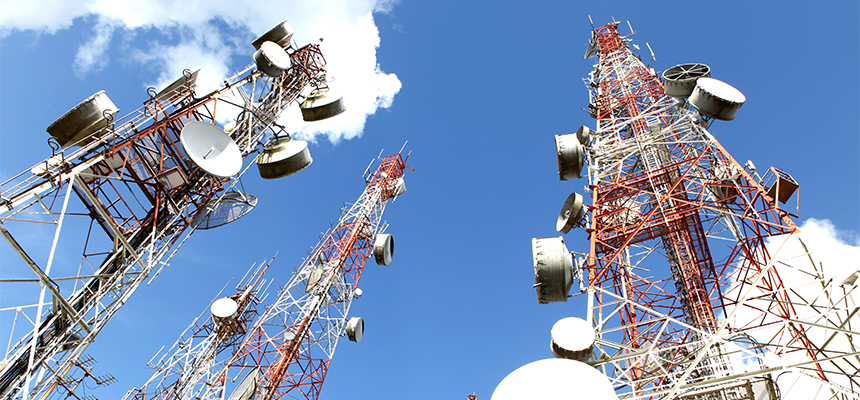
Argentina’s highest court declared on 2 July the unconstitutionality of a municipal bylaw in General Güemes, province of Salta, which ordered the removal of antennas from the city centre. The GSMA welcomes the decision of the judges, who ruled that the bylaw contravened regulation of the telecommunications service, which comes under federal jurisdiction in the country’s Constitution. The bylaw also hindered digital inclusion by preventing installation of antennas in densely populated areas. No antennas means no coverage, and without coverage a country cannot develop socially and economically.
The bylaw ordered the removal of structures and antennas located inside the required limit of 500 metres from the city centre or near venues for all activities related to education, sports and social events. The grounds for the decision were to reduce the possibility of continuous exposure of the population to emissions from antennas, due to their allegedly harmful effects. According to the claimants, “The bylaw is groundless after the expert witness showed that mobile telephone antennas have no harmful effects on people’s health and explained that the order would achieve the opposite of what it sought to avoid, because the level of radiation would need to be higher for the service to function properly”[1].
Mobile services are low-frequency radio services, and exposure to them is within World Health Organisation (WHO) recommended levels. While the GSMA recognises that there is public concern about antenna installation, research by health authorities[2] has identified no health effects associated with proximity to mobile telephony base stations or the low-level radio waves they emit.
The closer antennas are to people, the less power is needed to establish a connection, both for antennas and devices, resulting in less power received by users, higher quality of the service, lower use of energy, and therefore less environmental contamination and longer mobile phone battery life. With more antennas and in closer proximity to them, humans receive lower rather than higher emissions.
The GSMA applauds the judgment handed down by the Supreme Court of Justice of Argentina, because it prioritises the provision of a service that is vital for Argentina’s social and economic wellbeing. Mobile is now the primary enabler and facilitator of internet access, making it the gateway to countless opportunities in education, employment, exercise of citizenship and economic development. The territorial jurisdiction of the municipalities should not hinder infrastructure deployment, because it is a prerequisite for extending access and improving quality of service for everyone.
[1] Judicial Information Centre, 2 July 2019. Available at: https://cij.gov.ar/nota-35078-La-Corte-Suprema-declar–la-inconstitucionalidad-de-una-ordenanza-municipal-que-dispone-el-traslado-de-antenas-de-telefon-a-celular-por-interferir-en-la-competencia-regulatoria-federal.html
[2] See www.lavoz.com.ar/ciudadanos/descubren-escasa-radiacion-en-antenas-de-celulares